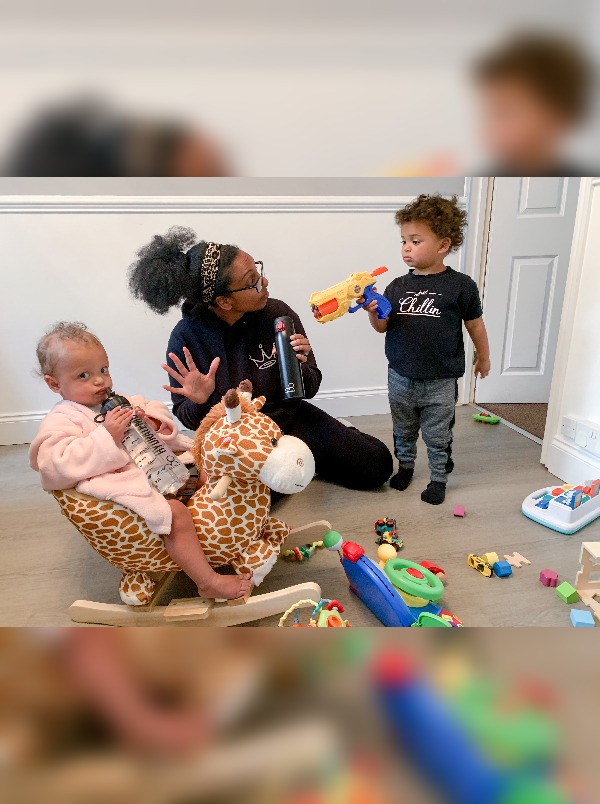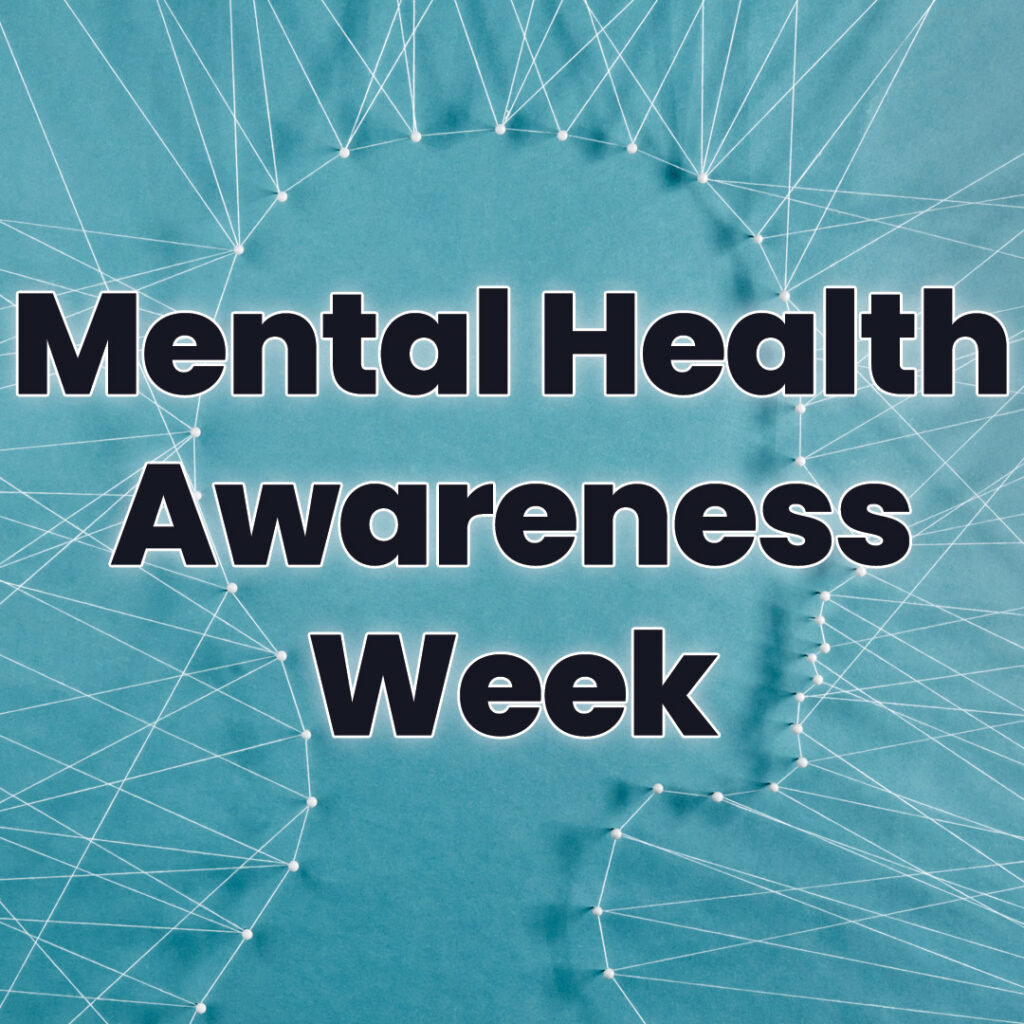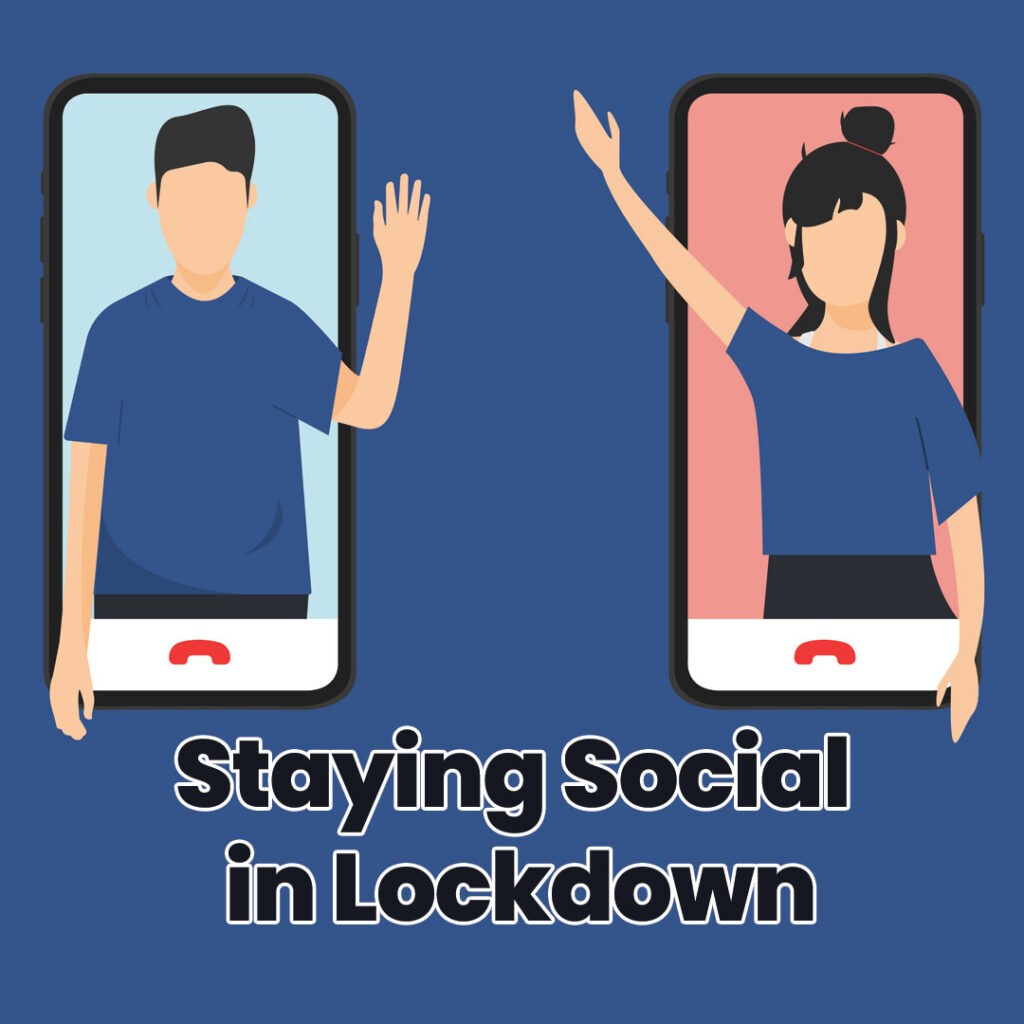Explaining the Coronavirus Outbreak to Children
Mother Nature didn’t factor in the financial implications when she answered all our wishes for more time or a well-needed break. Whilst the optimists among us are seeing this as a chance to reset, recharge and reconnect, there is an underlying feeling of worry that kids are picking up on. So how do we go about talking to the next generation in a way that’s informative but reassuring?
In an attempt to protect our children, we can sometimes be a little too cagey with information to spare them the details, however advice from experts in children’s mental health is to do the opposite and have an open discussion. Children show greater signs of anxiety when they know there is a problem and don’t fully understand the details, whereas honesty and reassurance can make them feel included and empowered.
- Have an open forum
Kids will be getting information from different sources such as social media, the television and from overhearing conversations in your household. Encourage your child to talk to you about the Coronavirus and what it means. If they have questions, acknowledge them and answer them as best you can.
- Be honest
Give them the transparent facts in a way that matches their level of understanding. Avoid scaring them with horror stories. Explain about the way it spreads, how we can stop it and why it’s important to lockdown at this moment in time.
- Offer reassurance
There’s lots of negative news about covid-19, such as new cases, death rates and rebellion to social isolation, which can be quite overwhelming. Reassure your kids with positive facts about vaccine developments, recovery rates and how the outcome is good for children and adults who are not vulnerable or immunocompromised.
- Keep a handle on emotions
Many parents are under strain trying to balance remote working, home learning and management of finances as well as getting their heads around new ways of communicating. Kids can be very sensitive to stress and may internalise their own worries. Try and save emotional discussions for when your child is out of earshot.
- Give them a sense of responsibility
When children feel included, they want to know what they can do to help. Give them tasks, no matter how small. Anything from hand washing challenges to pinning up pictures of rainbows in the window or making funny videos for people to make them smile. For a great distraction and a way of keeping themselves healthy, get them involved in with out workout Wednesdays or fun activity downloads on our stay at home support page.
- Try and maintain a routine
Not an easy task when it feels like the rug has been pulled from under us, but routine helps children to feel reassured and it helps with discipline. Try and have a set time to wake up and start working; work together at the table if it’s possible. Take breaks and allow playtime. If you just manage a morning of school work and the afternoon is for more creative activities, so be it.
- Keep mental and physical health a priority
This is an exceptionally unusual situation and not something we have ever experienced before. There is no written rule about how we should be approaching isolation and missed school days. Take this rare opportunity to connect with your children and focus on the things that really matter like gratitude, minimalism, sustainability and love. Those are fundamental life lessons.
For more information on how to talk to children about the Coronavirus visit NTCSN or CAHMS.













